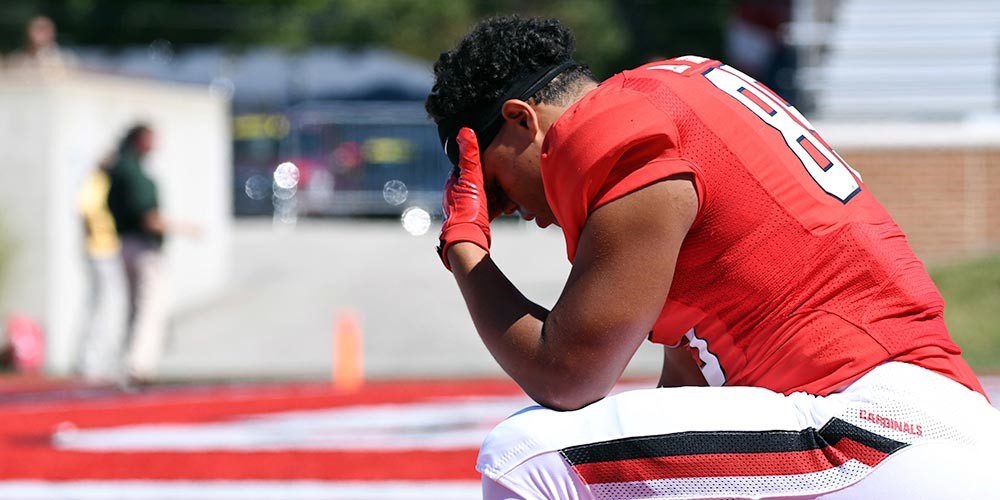My wife and I have three kids. One is in middle school, one in elementary, and another in pre-K. That means we juggle a schedule that rivals a NASA pre-launch checklist. We have a lot going on. We know at the start of each month that we only have four or so weeknights available. There are hockey and piano practices, church, choir, and more. There are days I feel equal parts Uber driver, short-order cook, and storyteller in charge of those all-important bedtime stories.
If it sounds like I’m complaining, I’m not. The family calendar is full of good things, but we do foresee a day when our kids’ passions change, or they get loaded down, and they decide a once-cherished hobby may need to end. When will it be? How will they choose? Not every activity is meant to last forever, even if those activities are enjoyable. Kids may not be able to tell when the time is right or even if quitting will make them feel like a failure. They need to know that sometimes, quitting is OK. Here are 5 times to tell your kids to quit.
1. Quit when participating hurts other parts of life.
If your child is so stretched thin that she can’t get homework done or is consistently late for important events, it’s time to reevaluate her schedule. Kids quitting can be hard, but sometimes it helps them prioritize what matters most.
2. Quit when participating causes relationships to suffer.
Relationships are important, and it’s tough to keep friendships afloat when kids get bogged down by activities. I worked at a men’s suit store in college and remember being told I had to miss important family events just to stay on the schedule. If participation hurts relationships, especially with family, quitting can be a kid’s noble choice.
3. Quit when participating damages your integrity.
If your son’s baseball coach told him to steal signs during games, he’d feel pressure. If your daughter’s study group shares a list of answers for tomorrow’s test, she’d feel tempted. Outside voices may ask your child to lie, cheat, and steal. When this happens, it’s OK to let them quit to avoid pressure or temptation. Proverbs 11:3 says, “Honesty guides good people; dishonesty destroys treacherous people.” Kids quitting when their integrity is challenged is the smart move.
4. Quit when participating leaves you breaking promises.
Soccer practice. Piano lessons. Robotics camp that overlaps with a summer job. It’s easy to overbook our kids, especially as they get into the teen years. This happens in our home, and our children are still very young. Being where you say you’ll be and doing what you pledge to do are hallmarks of maturity. Breaking promises is a poor habit to start. Quitting means walking away from one thing to stay committed to something else.
5. Quit when participating negatively changes you.
When you start to see your child’s character shift, have a conversation about why. Has your daughter started skipping school to impress a new friend? Did your son pick up new, colorful language at his part-time job? King Solomon said it best: “Above all else, guard your heart, for it is the wellspring of life” (Proverbs 4:23). A sudden swing in character is a sign of an increasingly self-centered heart and quitting could provide a solution.
Sound off: Can you recall an activity in your life that you should have quit but didn’t?











Huddle up with your kids and ask, “Is there something in your life that it might be time to quit?”